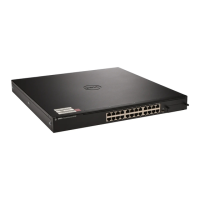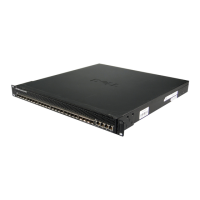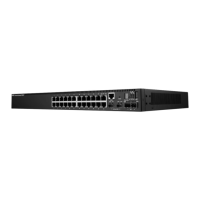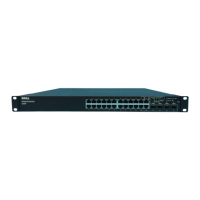1172 Managing IPv4 and IPv6 Multicast
What Is MLD?
Multicast Listener Discovery (MLD) protocol enables IPv6 routers to
discover the presence of multicast listeners, the hosts that wish to receive the
multicast data packets, on its directly-attached interfaces. The protocol
specifically discovers which multicast addresses are of interest to its
neighboring nodes and provides this information to the active multicast
routing protocol that makes decisions on the flow of multicast data packets.
The Multicast router sends General Queries periodically to request multicast
address listeners information from systems on an attached network. These
queries are used to build and refresh the multicast address listener state on
attached networks. Multicast listeners respond to these queries by reporting
their multicast addresses listener state and their desired set of sources with
Current-State Multicast address Records in the MLD2 Membership Reports.
The Multicast router also processes unsolicited Filter-Mode-Change records
and Source-List-Change Records from systems that want to indicate interest
in receiving or not receiving traffic from particular sources.
The PowerConnect implementation of MLD v2 supports the multicast router
portion of the protocol (i.e., not the listener portion). It is backward-
compatible with MLD v1.

